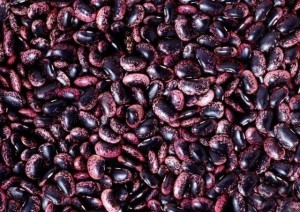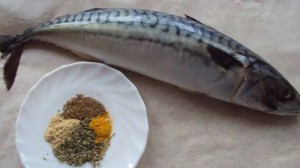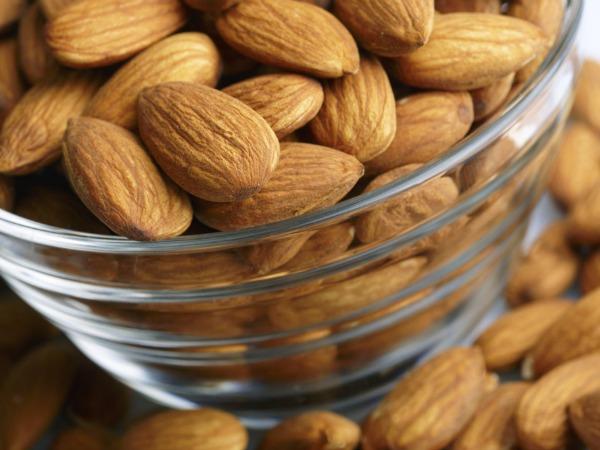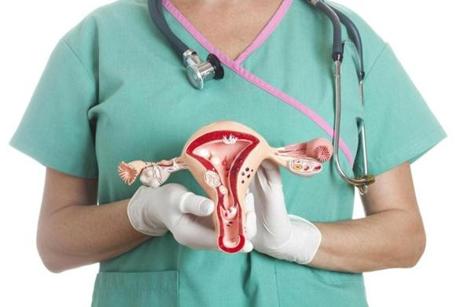A good nutrition and a healthy diet is essential to maintain sound physical and mental health, however there are some minerals which specifically counter certain physical and psychological conditions. In this article, we will highlight three such minerals.
Magnesium: It Helps to Combat Fatigue
 Magnesium helps preserve nerve and muscle balance. In fact, lack of magnesium is the primary cause of fatigue, leading to the onset of muscle pain, while inducing stress and anxiety
Magnesium helps preserve nerve and muscle balance. In fact, lack of magnesium is the primary cause of fatigue, leading to the onset of muscle pain, while inducing stress and anxiety
An average human body is composed of 25 g of magnesium, out of which 60 % is stored in bones, helping us to maintain the structure. Depending on the age and gender of a person, a human body needs a consistent dose of magnesium, and it is especially important in pregnant women, nursing mothers and the elderly people.
As magnesium is not a mineral naturally produced by the body, it’s essential to eat food which has some proportion of magnesium. The general rule of thumb is that a person should consume 6 mg of magnesium per kg of his/her weight. This means that a person weighing 60 kg should consume 360 mg of magnesium daily.
This mineral is found in cocoa, whole grains, toasted almonds, lentils, chickpeas, and products made from wheat flour.
 Zinc: It helps In Soothing the Mood
Zinc: It helps In Soothing the Mood
Although lesser known than iron and magnesium, zinc is an essential trace mineral for the body . The immune system needs to defend itself against external aggression, diseases like thyroid, and various neurological factors which act as mode depressants and zinc is the ideal natural mineral to counter these ailments.
It also provides protection against cold, reducing the time of influenza states. During pregnancy, zinc promotes the growth and development of the fetus and also fights depression and anger. When consumed with vitamin B6, zinc favors the production of collagen, elastin, keratin and provides flawless skin.
This mineral can be consumed in supplement form or via foods like seafood, meat, wheat, cheese, and nuts.
 Iron: Helps in Maintaining Shape
Iron: Helps in Maintaining Shape
Brittle nails and hair, fatigue and infections are the result of iron deficiency. It is a trace element most important to the body. Present in the blood, iron facilitates red blood cells to carry oxygen to the cells.
There are two types of iron: heme and non-heme. The first is found in vegetables and eggs while the second is present in animal products such as meat and fish. The form which is best absorbed by the body is heme iron, found in red meat, liver, beef, mussels and vegetables.
However, this consumption is only completed with foods that rich in beta-carotene and vitamin C, for example oysters with lemon.
Image courtesy: hybridtechcar.com





No Comment